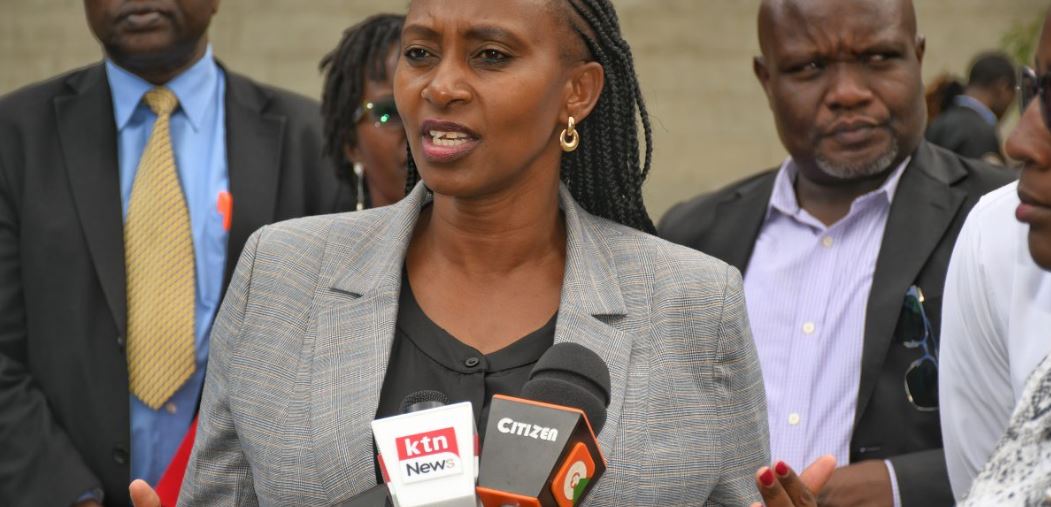
This is in a bid to give priority to Primary Healthcare (PH) which will in turn help reduce disease burden in the country by giving more attention to preventive rather than curative healthcare.
The Principal Secretary in the State Department for Public Health and Professional Standards Ms. Mary Muthoni said the CHPs will work and train people in villages and households on preventive healthcare.
In total, 315 Primary HealthCare Networks (PCNs) will be operationalized through the establishment of the governance, coordination, and financial structures for PCN. This year’s Mashujaa day to be celebrated in Kericho County on October 20, 2023 whose theme is” Universal Health Care” will see H. E the President Dr. William Ruto launch a smart Primary Care Network in the country.
These PCNs are purposed to foster integration of care across levels of the health system and improve efficiency of the health system by providing care at the optimal level and ensuring that no one is left out. Additionally, they are envisioned to create an efficient emergency referral system while improving sharing of resources across levels of care as well as improving data flow for better decision making.
“For a long time, the country had concentrated on Curative rather than Preventive healthcare approach which has seen the disease burden increase in the country and hence, cost of healthcare as treatment is costlier than putting in place preventive measures so that we deal with healthcare issues before they become incurable,” Muthoni explained.
To this end, she noted Kenya is restructuring the health service delivery system by shifting the emphasis from curative to “preventive and Promotive” health care in order to lower the nation’s disease burden and improve the overall livelihoods of Kenyans by providing an efficient integrated and high-quality affordable healthcare.
The PS was speaking in Naivasha during Training of Trainers (ToT) for Community Health Promoters (CHPs) who were drawn from all the 47 counties in this bid to upscale primary health care networks in the counties.
The CHPs will also be advising the Governments on what is available in their respective areas, what the gaps are and what needs to be done and also help in referral system being part of universal healthcare.
Ms. Muthoni noted that Government’s Bottom-Up Economic Transformation Agenda (BETA) had identified various gaps in the healthcare system which include inadequate Human Resources (HC) for health, health financing to ensure universal healthcare and ineffective supply chain for commodity security..
“To address these challenges, the Government has initiated a structured plan between County Governments and other stakeholders on contribution of stipends for CHPs on a 50/50 basis as well as equipping the 100,000 existing Community Health Promoters with kits, while also leveraging on technology to ease data collection, reporting and ensure quality services,” Muthoni said.
She said all the bills pending before Parliament including Social Insurance, Commodity Health, and Facility Improvement Bills are all geared towards improving healthcare provision.
“We are also keen on digitization of the healthcare system through interlinking of health facilities so that healthcare is made easier especially during referrals,” the PS said.
Muthoni said the Government intends to improve healthcare delivery for all Kenyans through progressive health financing models which is envisioned to increase the number of households with health insurance under the new Social Health Insurance (SHI) Package.
On procurement of healthcare products which has been a pain in the neck in the country, the PS announced the establishment of a national health procurement board for bulk purchasing of health products and technologies with the aim of lowering cost of healthcare products through economies of scale and establishment of a fully integrated and interoperable health information ecosystem to drive patient centric services, prevent fraud and improve responsiveness, efficiency, transparency and sharing of health data among health providers.
Via KNA News








